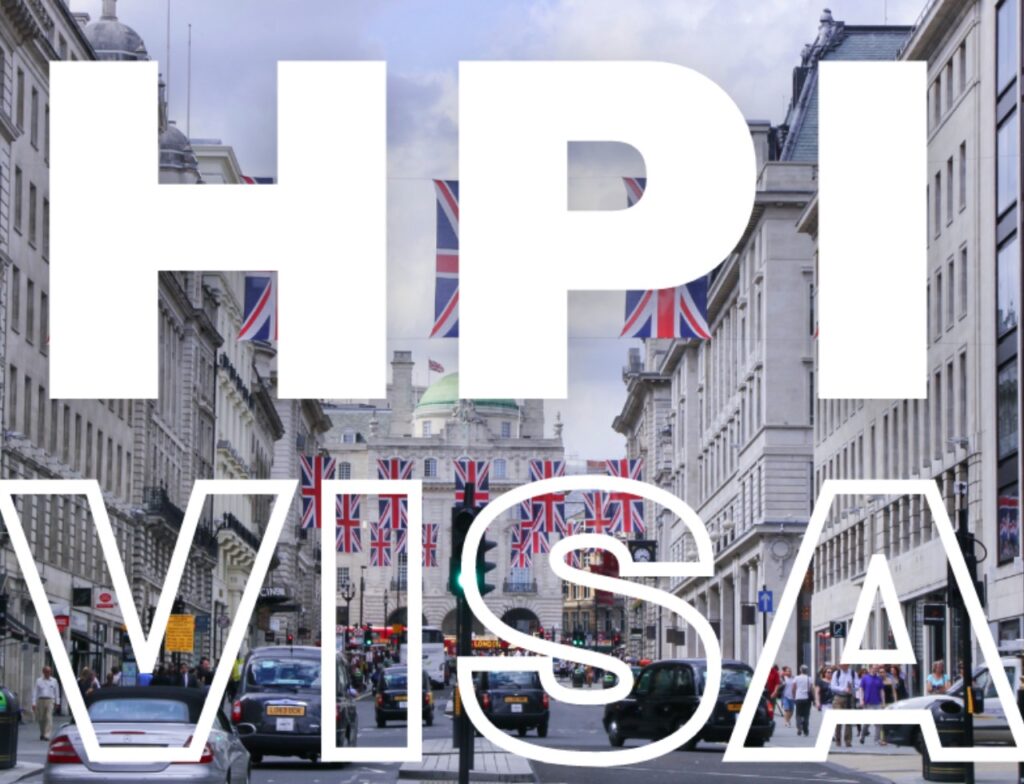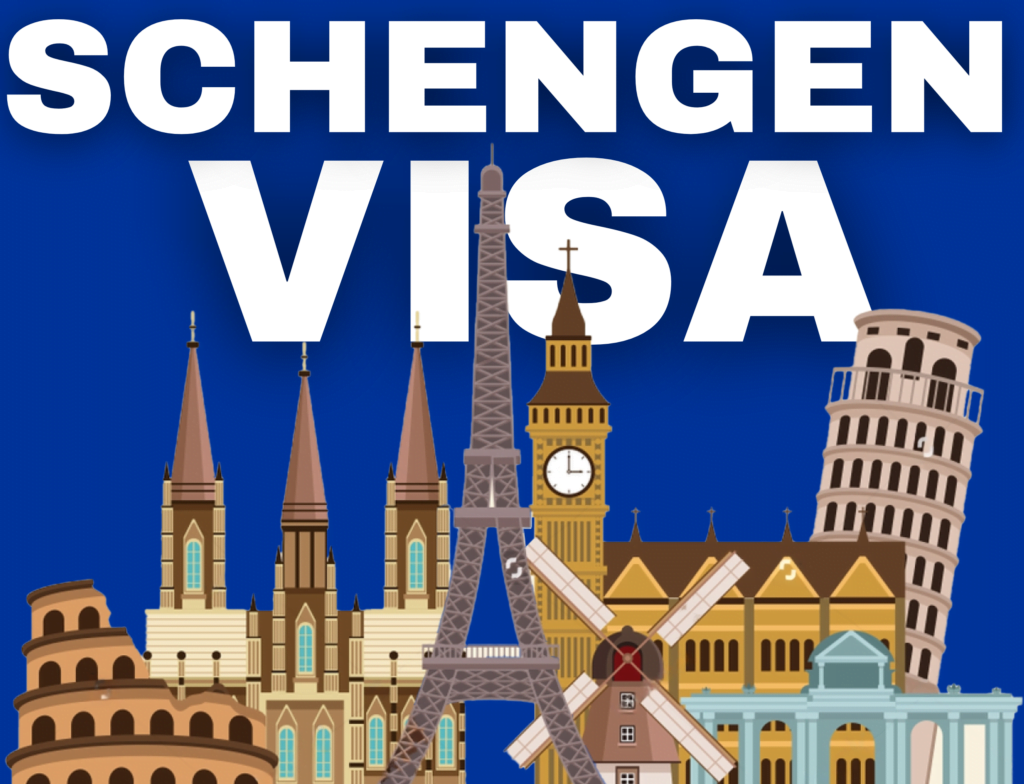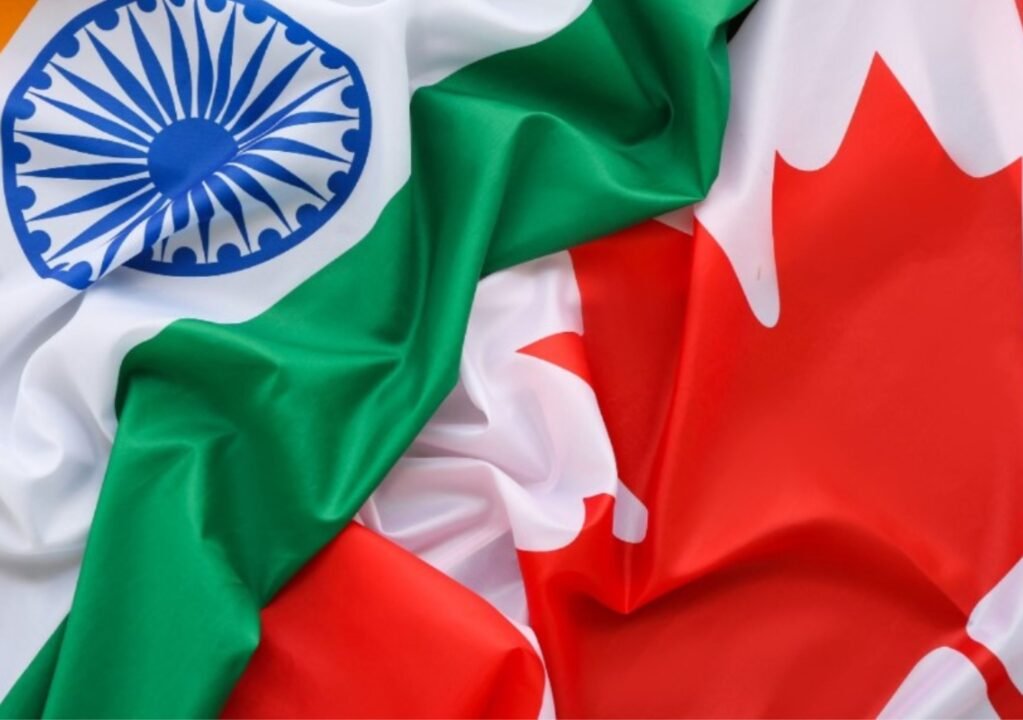Golden visa programs–including Malta’s highly controversial “golden passport” scheme, which sells EU citizenship to rich foreign investors–gained significant legal protection with the decision of the EU’s highest court to issue a non-binding opinion on such a hotly debated topic. The ruling is likely to have major implications for similar programs across Europe, which have found both strong support and heavy criticism.
Malta's Golden Passport Program: A Contentious Gateway to EU Citizenship
Malta’s golden EU passports program allows foreign investors to acquire the much sought-after right to live, work, and travel freely in all 27 nations of the European Union; this it does by making the significant contribution required for this right. For the minimum donation of €600,000 (around $661,590), along with other investments in property and optional donations, one can attain Maltese citizenship. It has attracted a number of high-net-worth individuals, such as Russian oligarchs, celebrities, and wealthy sports figures, who yearn to get the privilege of EU citizenship.
However, the program has had its days in court due to the verdicts of the European Commission. Critics have said that such golden visa programs expose the risk of money laundering and threaten the security of the EU. In 2022, the European Commission took Malta to court, saying that selling EU citizenship for financial consideration breached the principle of sincere cooperation instituted through EU law.
Malta's Golden Visa Program Expects Legal Victory
Anthony Collins, an advocate general at the Court of Justice of the EU, told that it was controversial because of an unfavorable ruling on Malta’s citizenship-by-investment scheme, saying it did not violate the laws of the EU. Collins held that the European Commission had failed to prove that there must exist “genuine links” between an EU member state and the applicant for citizenship. He stressed the fact that each country of the EU is able to decide about the specific requirements of its citizenship itself, which simply means that each nation has the right to grant EU citizenship.
Such a legal opinion, not binding in nature but sure to be heavily swayed by the court’s final verdict, which is set a few months down the line. And if the court is to go by the latter’s opinion, it will then grant legal protections on golden visa programs not just to Malta but to the rest of the European Union states that have the same schemes.
The Investment Migration Industry in Europe
This does not make Malta an exception in issuing citizenship or residency in lieu of monetary investment. Portugal, Greece, Ireland, and Hungary have launched golden visa programs with the aim of attracting foreign investment, particularly since the European debt crisis hit them in its aftermath. The so-called golden visa programs have provided residency and sometimes even citizenship of the country, which has allowed rich people to obtain the prized free movement within the EU.
A European Parliament report shows that, from 2011 to 2019, the investment migration industry raked in over €21 billion for participating European nations. The financial pluses notwithstanding, critics argue that these programs compromise the integrity of EU citizenship and can facilitate abuse.
Golden Visa programs will carry critical implications in the future.
While the final verdict is pending at the EU’s Court of Justice, the judgment by Collins has been a tremendous relief to Malta and many other nations trading golden passports with the EU. This case is one particular instance where the war between security concerns and ethical standards within the EU had the need for foreign investment at its center.
In case of a judgment in Malta’s favor, more EU countries may continue or even enhance the citizenship-by-investment schemes they have launched. On the contrary, if the court decides in Malta’s favor, then the Cash-for-Citizenship scheme might be the end of the EU.
Conclusion
Malta’s golden passport program remains the lightning rod at the heart of the broader debate about the ethics and risks attached to investment migration industry practices in Europe. But with the EU top court about to deliver a final ruling on the matter, the verdict might turn out to be more than the last word on this particular program. Instead, it might actually change nations within the bloc’s approach to granting citizenship to wealthy investors.
This decision will only hurt the golden visa programs in Europe, and one way or another, this move will send a message that will set precedents for years to come.





